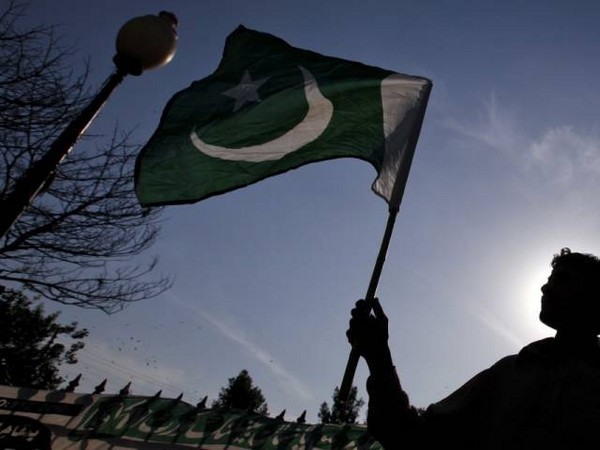Islamabad [Pakistan], April 28 (ANI): Highlighting the “severe miscarriage of justice” due to Pakistan’s existing infamous “blood money” laws since 1990, the Human Rights Watch (HRW) on Tuesday called on the government to amend provisions of the criminal law that allow for murder and other serious offenses as “private disputes”.
The provisions, popularly called “blood money” laws are the result of a 1990 Presidential Ordinance that amended the Pakistan Penal Code and Criminal Procedure Code ostensibly to make them more consistent with Islam following a court decision that held that murder and several other serious offenses should not be treated as offenses against the state but as private disputes.
The Ordinance went further than the court decision, which had made a distinction between deliberate and unintentional murder and had allowed for the possibility of a “compromise” only in the case of unintentional murder. The Ordinance, however, did not make such a distinction.
The Pakistani legal system’s treatment of murder cases as private disputes instead of as an offense against the state has had a disastrous impact on the administration of justice, Human Rights Watch said.
“The Pakistan justice system’s treatment of murder as a private dispute sabotages the rights of victims to seek justice and of all Pakistanis to have equal protection of the law,” said Patricia Gossman, associate Asia director at Human Rights Watch.
“No state should act as a bystander in dealing with egregious crimes, which favors people accused of these crimes who are wealthy or powerful,” she added.
The rights group went on to cite several examples of cases where the draconian criminal laws led to severe crimes going unpunished.
In one example, on November 3 last year, the severely bruised body of Nazim Jokhio, a local activist, was discovered at a farmhouse in Malir, Karachi, Sindh province, HRW said.
Days before his death, Jokhio had filmed foreign guests of the farmhouse owners hunting a houbura bustard, an endangered bird, and had asked them to stop.
On March 30, Shireen Jokhio, the victim’s wife, posted a recorded video message on social media saying that she was “forgiving” the accused and would no longer pursue the case because she is “weak” and cannot fight the case “alone.”
In another instance, in September 2019, Salahuddin Ayubi, who had been arrested for robbing an ATM, was found dead in police custody. Ayubi’s body bore marks of torture. His family said he had mental health disabilities. His father filed a criminal case against three police officers alleging that his son was tortured to death, but in October 2019, Ayubi’s family “pardoned” the police officers and declined to prosecute the case.
Other rights groups, such as Amnesty International, have also emphasized the need for revoking such provisions from the country’s criminal law. (ANI)


